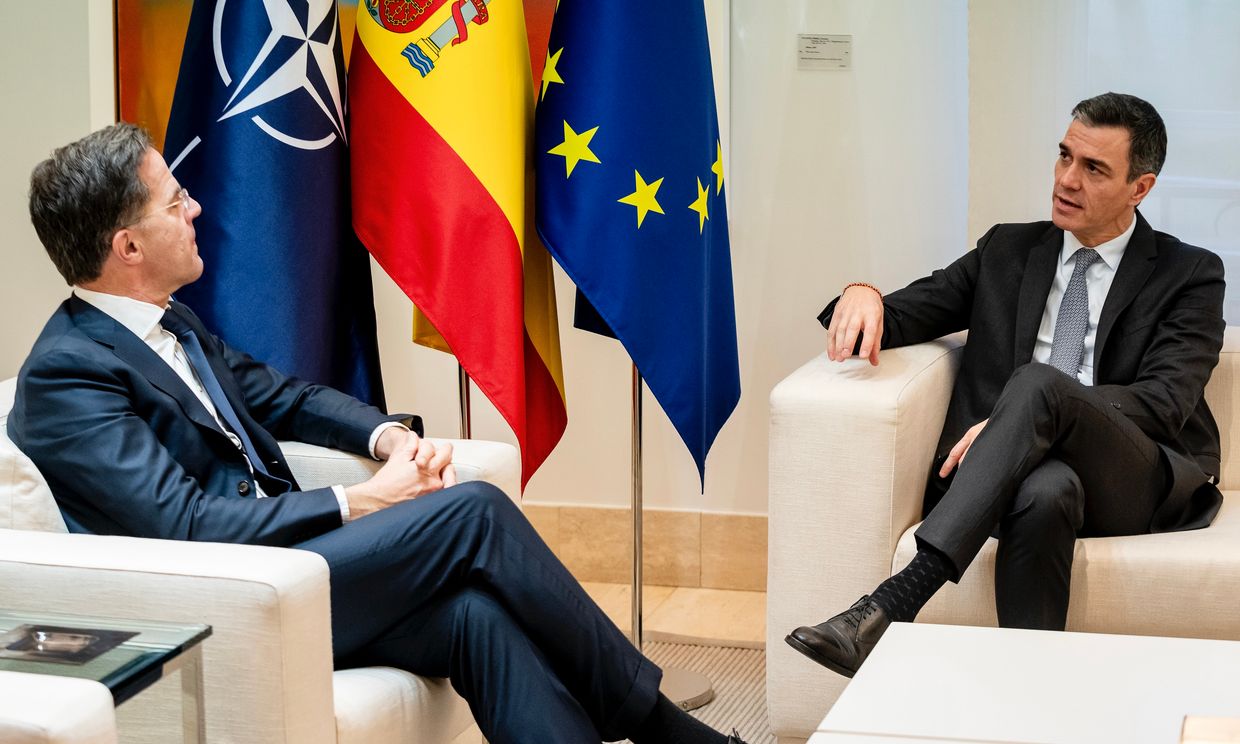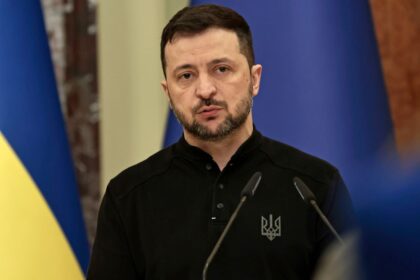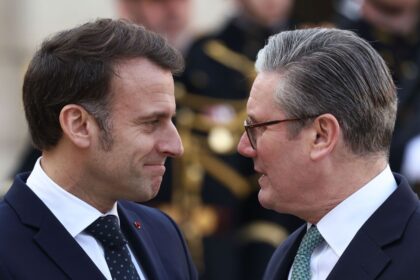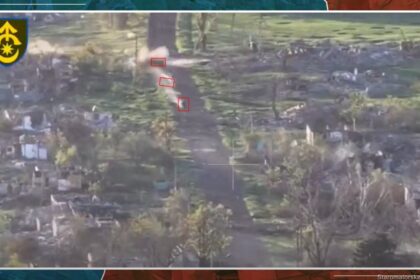**Spain Rejects NATO’s 5% Defense Spending Push, Calling Proposal “Unreasonable”**
In a move that has significant implications for the transatlantic debate ahead of the NATO summit in The Hague, Spain has become the first alliance country to reject a U.S.-backed proposal to raise defense spending to 5% of GDP.
Spanish Prime Minister Pedro Sanchez wrote to NATO Secretary General Mark Rutte calling the proposed target “unreasonable” and warning that it would undermine broader European efforts to build an integrated defense ecosystem. According to Sanchez, Spain estimates that its armed forces require spending equal to 2.1% of GDP to meet national military objectives, below the U.S.-endorsed threshold but above NATO’s 2% benchmark.
This rejection adds pressure to the transatlantic debate ahead of the NATO summit on June 24-25, which has been reduced to a single session focused on defense spending and alliance capabilities. The U.S. President Donald Trump has repeatedly accused NATO members of underfunding their militaries, pushing for raising defense spending benchmark to 5% of GDP.
While no other NATO member has formally rejected the proposal, most have remained noncommittal. Poland, the Netherlands, and Sweden have expressed willingness to consider the 5% target. However, in 2024, only 23 alliance members met the 2% target, according to NATO estimates.
**Spain’s Different Defense Posture**
Spain’s rejection of the proposal reflects its sharply different defense posture than the U.S. administration. While Madrid supports Ukraine, it has taken a more cautious stance on the Middle East, including distancing itself from U.S. policy on Israel. This divergence in views highlights the complexity and nuance of the transatlantic debate.
**Implications for NATO**
The rejection by Spain, a key member of the alliance, raises questions about the feasibility of implementing a 5% defense spending target across all NATO members. The pressure now shifts to other countries, such as Poland, the Netherlands, and Sweden, which have expressed willingness to consider the proposal. However, these countries may face similar concerns from their own citizens and governments.
**Ukraine Conflict**
The rejection of the proposal by Spain also comes amidst ongoing tensions between Russia and Ukraine. Russian forces continue to launch attacks on Ukrainian positions, with devastating consequences for civilians. The international community remains divided over how to address this conflict, with some pushing for stronger sanctions against Russia while others advocate for more nuanced approaches.
**Conclusion**
In conclusion, Spain’s rejection of NATO’s 5% defense spending proposal has significant implications for the transatlantic debate and the ongoing tensions between Russia and Ukraine. As the world grapples with these complex issues, it is essential to engage in constructive dialogue and consider multiple perspectives to find effective solutions that benefit all parties involved.
Read More @ kyivindependent.com












